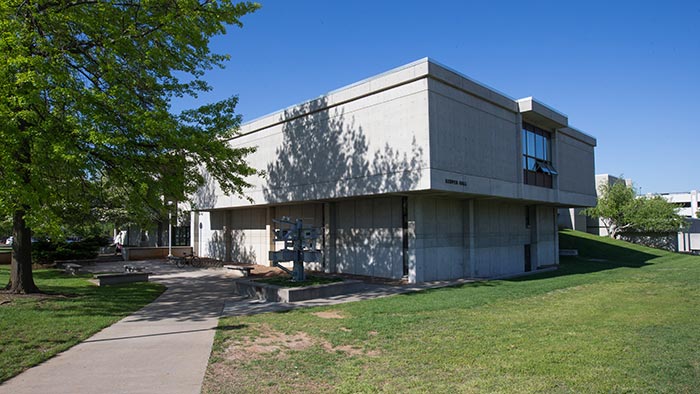
PAMS Seminar: ENTANGLED STATES - From Quantum Computers to Black Holes

- Date and time
- 4:00 PM - 5:00 PM, April 06, 2017
- Description
Quantum states that cannot be separated without destroying the states - or so-called entangled states - were once considered oddities. The famous Einstein-Podolsky-Rosen paradox - which in fact is no paradox - implied that measuring one part of an entangled system would instantly change the other part even if it was separated by some astronomical distance. Is instantaneous change really possible (yes!) and won't it contradict the assumption that information must necessarily travel at speeds less than that of light (no!). The amazing properties of entangled states have led to numerous developments. Entangled states are the basic principle underlying future quantum computers that promise speeds much faster than today's classical computers.
Dr. Pervez Hoodbhoy is the Zohra and Z.Z. Ahmad Distinguished Professor of Physics and Mathematics at FC College, Lahore, Pakistan. He graduated from MIT with undergrad degrees in electrical engineering and mathematics, master’s in solid state physics, and doctorate in nuclear physics. Earlier in the week, he will also a plenary speaker for the Missouri State Public Affairs Conference.
- Event sponsor
- Physics, Astronomy and Materials Science
- Admission
Free
- Open to public, alumni, current students, faculty
- Location
Additional information
- Event contact
- Laura Rios
- Academic Administrative Assistant II
- physics@missouristate.edu
- 417-836-5131
- Visit website
